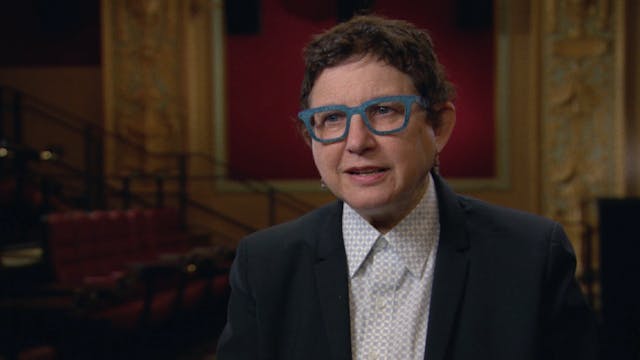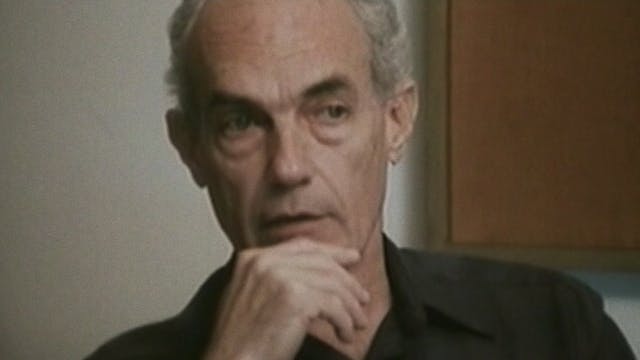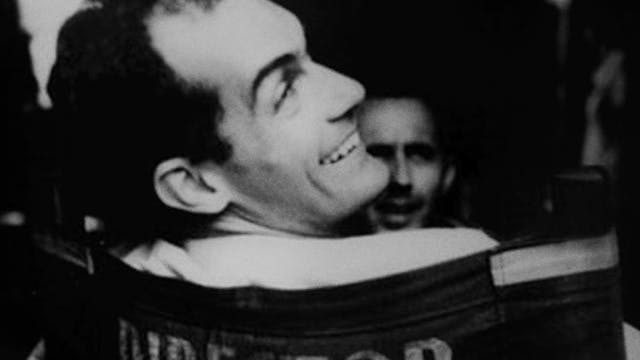The Revolutionary Subjectivity of MEMORIES OF UNDERDEVELOPMENT
Memories of Underdevelopment
•
14m
The first Cuban film to garner international attention in the years following the nation’s 1959 revolution, Tomás Gutiérrez Alea’s MEMORIES OF UNDERDEVELOPMENT remains one of the most important works of the influential Third Cinema movement that emerged in the developing world as a response to neocolonialist modes of filmmaking. In this episode of Observations on Film Art, Professor Jeff Smith explores the film’s complex depiction of its notably unsympathetic central character—a misanthropic bourgeois intellectual whose moral apathy has rendered him a relic of a bygone era—and how Alea uses a variety of innovative stylistic techniques to evoke his subjectivity. In doing so, Smith illuminates how this landmark of Cuban cinema challenged audiences to evaluate their own commitment to the revolution.
Up Next in Memories of Underdevelopment
-
B. Ruby Rich and José Antonio Évora o...
This program features interview with film critics B. Ruby Rich and José Antonio Évora. They were recorded in San Francisco and Miami in 2018.
-
Titón: From Havana to “Guantanamero”
This 2008 documentary by Mirtha Ibarra, Tomás Gutiérrez Alea’s widow, features interviews with Gutiérrez Alea, along with Ibarra; screenwriter Enrique Pineda Barnet, actor Jorge Perugorriá; novelists Edmundo Desnoes and Lisandro Otero; film editor Nelson Rodríguez; filmmakers Julio García Espinos...
-
Tomás Gutiérrez Alea on MEMORIES OF U...
The following is a segment from an audio interview with director Tomás Gutiérrez Alea recorded by Silvia Oroz for her 1989 book “Tomás Gutiérrez Alea: Los filmes que no filmé.”



